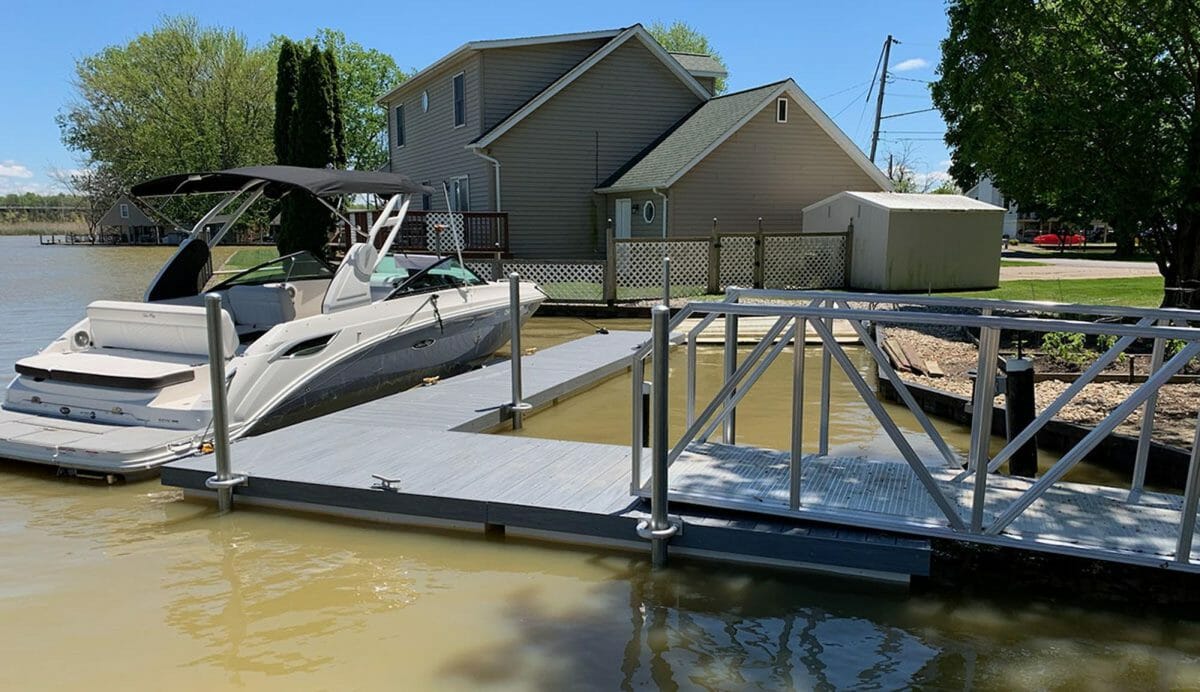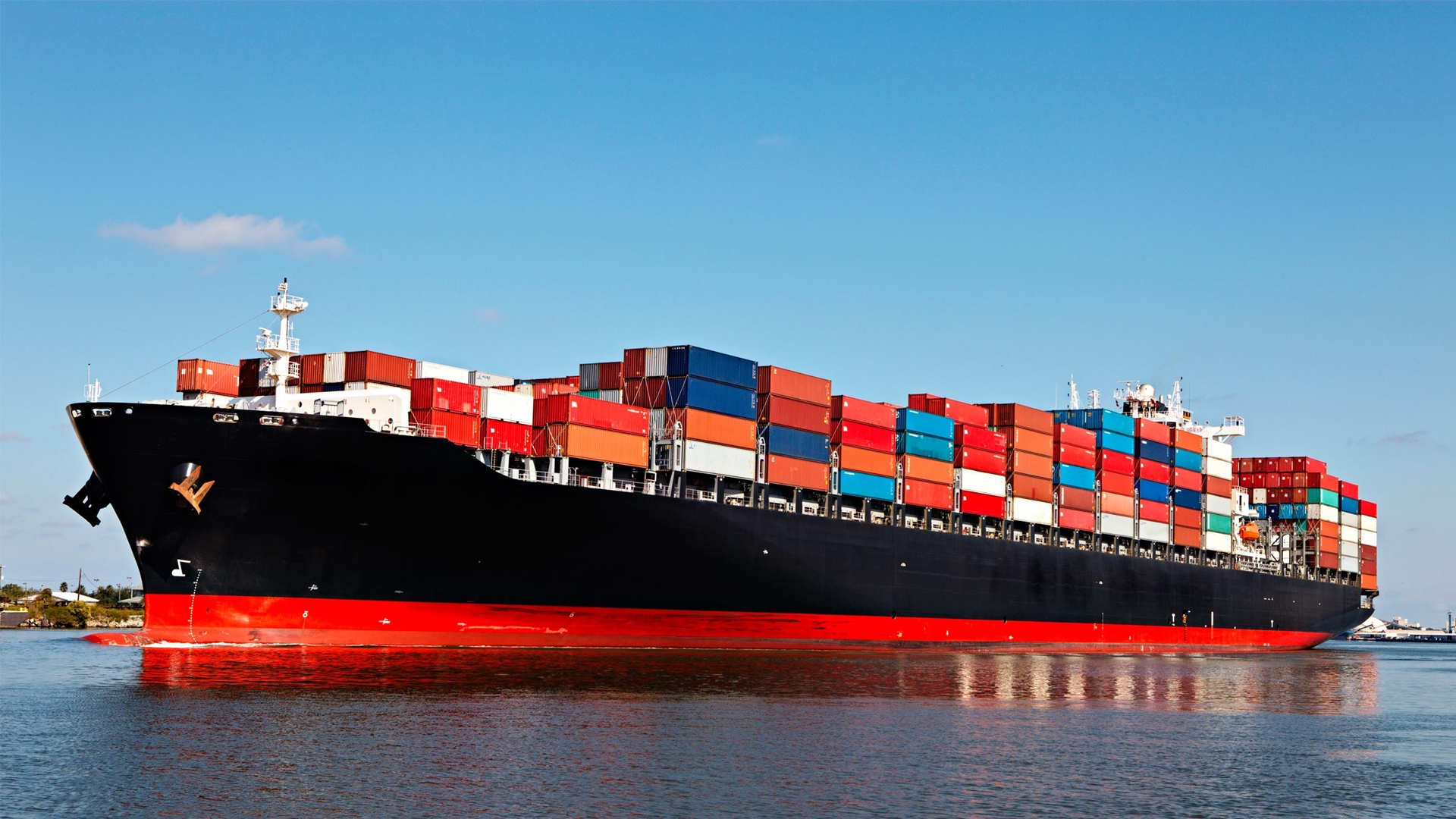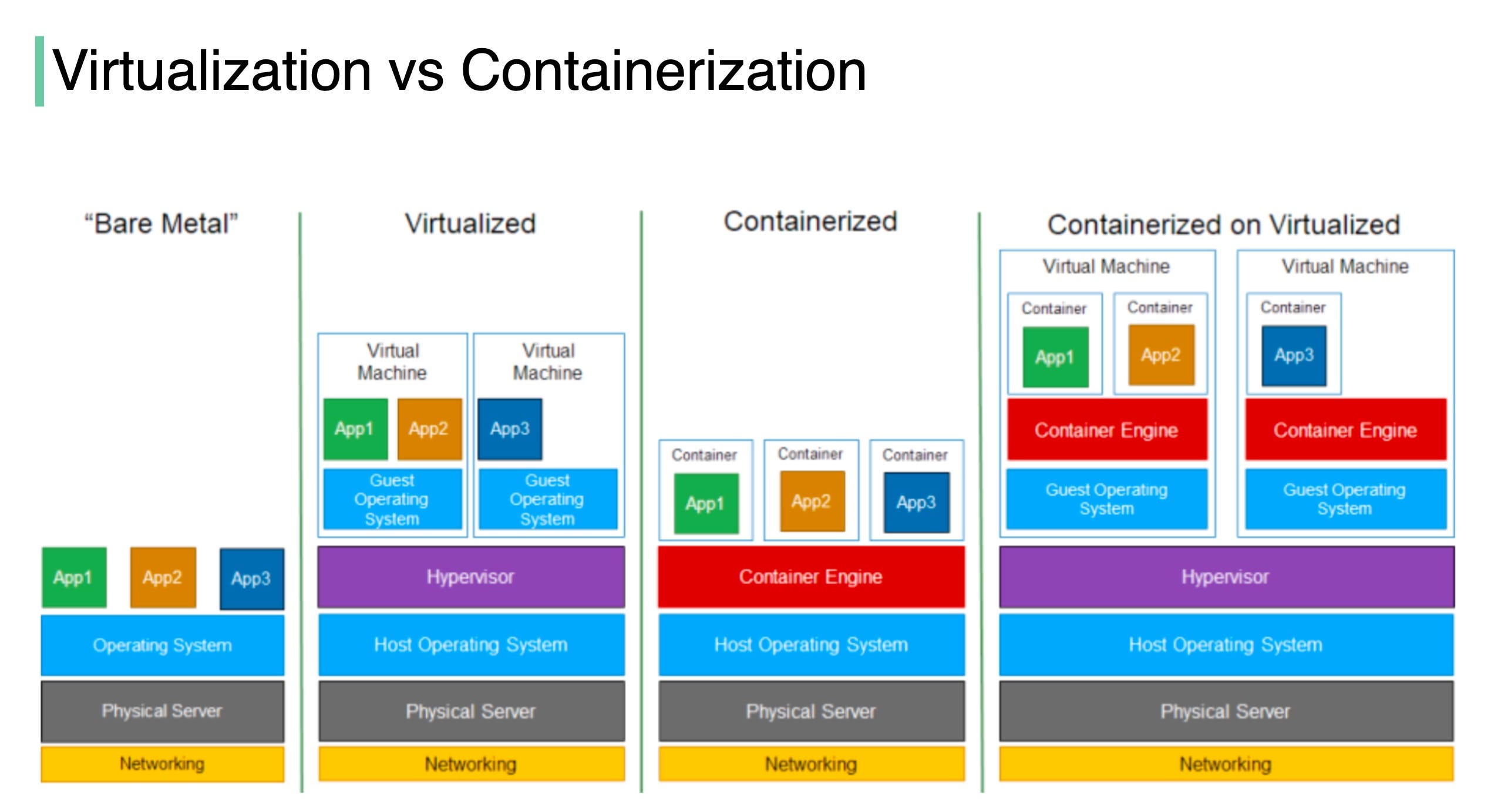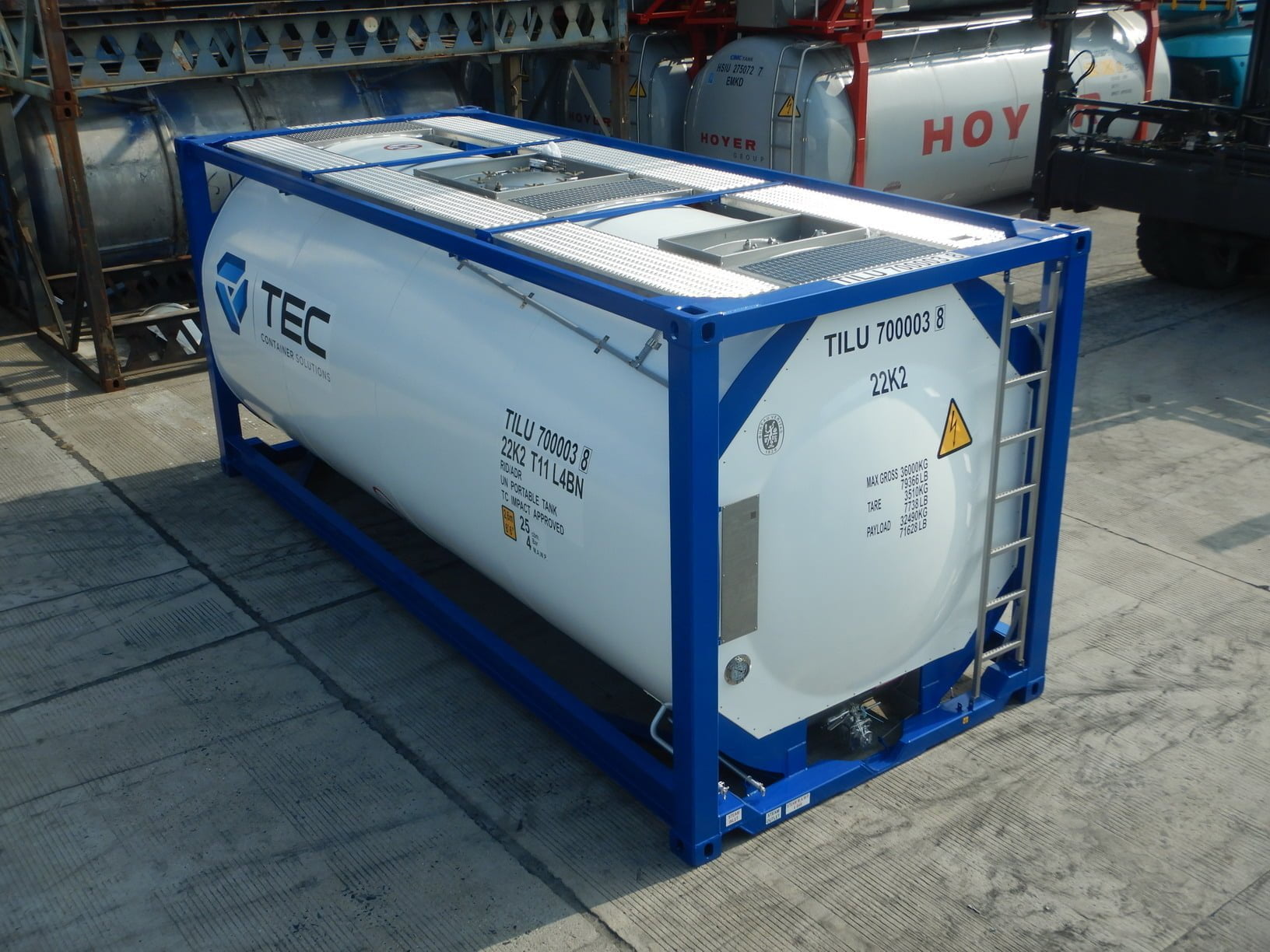A boat docking system is a crucial component of any marina or harbor, ensuring the safe and efficient mooring of vessels. These systems are designed to accommodate a variety of boat sizes and types, from small recreational boats to large commercial vessels.
Types of Boat Docking Systems
- Fixed Piers and Docks:
- Piles and Decking: Traditional fixed structures made of wood, concrete, or steel.
- Floating Docks: Modular systems that adjust to water level changes.
- Floating Docks:
- Pontoon Docks: Modular systems made of interconnected pontoons.
- Concrete Floating Docks: More durable and stable, often used in commercial harbors.
- Mooring Buoys:
- Floating buoys anchored to the seabed, providing a mooring point for boats.
Key Factors to Consider in Boat Docking System Design
- Water Depth: The depth of the water determines the type of docking system required.
- Wave Action: The intensity of wave action influences the design and construction of the docking system.
- Vessel Size and Type: The size and type of vessels that will use the dock will determine the required capacity and design.
- Environmental Factors: Factors like tides, currents, and sediment deposition can impact the design and maintenance of the system.
- Safety Considerations: The system should be designed to ensure the safety of both vessels and personnel.
Advanced Docking Systems
Modern docking systems often incorporate advanced technologies to improve efficiency and safety:
- Automated Docking Systems: These systems use sensors and computer-controlled mechanisms to guide vessels into their berths.
- Real-time Monitoring: Monitoring systems can track vessel movements and provide real-time data to dockmasters.
- Environmental Considerations: Eco-friendly materials and sustainable design practices are being adopted to minimize the environmental impact of docking systems.
By carefully considering these factors and implementing advanced technologies, it is possible to design and build efficient, safe, and environmentally friendly boat docking systems.





